Online Academic Calendar 2025-2026: A Comprehensive Overview for Educational Institutions
Related Articles: Online Academic Calendar 2025-2026: A Comprehensive Overview for Educational Institutions
- 2025-2026 NYC DOE School Year Calendar: A Comprehensive Guide
- The Ultimate Guide To Custom 18 X 22 Calendar Blotters For 2025
- Hijri Islamic Calendar 2025: A Comprehensive Guide
- CME Group Holiday Calendar 2025
- March 2025 Calendar: A Comprehensive Overview
Introduction
With enthusiasm, let’s navigate through the intriguing topic related to Online Academic Calendar 2025-2026: A Comprehensive Overview for Educational Institutions. Let’s weave interesting information and offer fresh perspectives to the readers.
Table of Content
Video about Online Academic Calendar 2025-2026: A Comprehensive Overview for Educational Institutions
Online Academic Calendar 2025-2026: A Comprehensive Overview for Educational Institutions
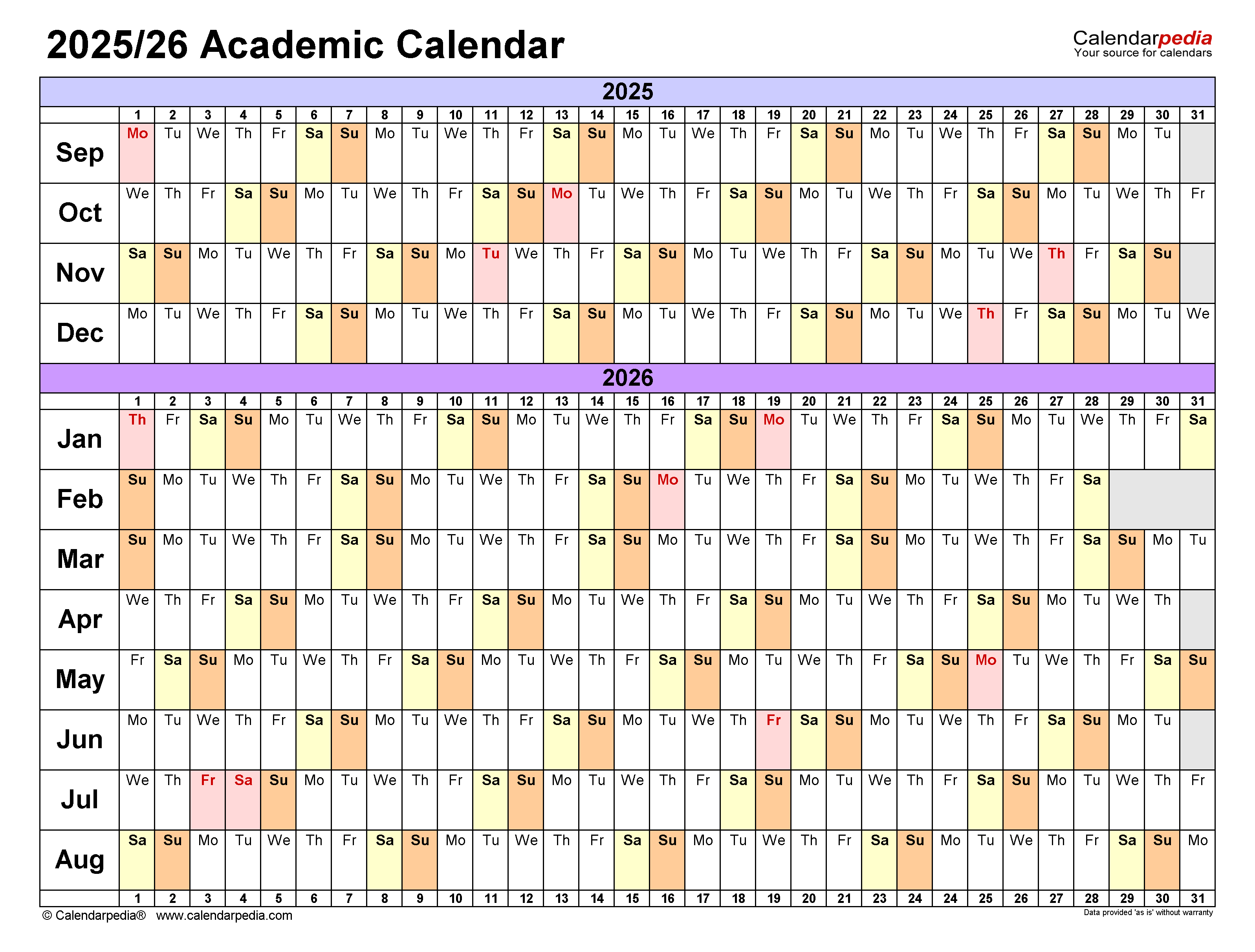
Introduction
The academic calendar serves as a roadmap for the academic year, outlining important dates, deadlines, and events for students, faculty, and staff. In the era of digital transformation, online academic calendars have emerged as a valuable tool for institutions to streamline operations and enhance communication. This article provides a comprehensive overview of the online academic calendar 2025-2026, highlighting its benefits, best practices, and key considerations for educational institutions.
Benefits of an Online Academic Calendar
- Accessibility and Convenience: Online calendars are accessible 24/7, allowing stakeholders to easily view and manage their schedules from any device with internet access.
- Real-Time Updates: Changes and updates to the calendar can be made in real-time, ensuring that all parties have the most current information.
- Improved Communication: Online calendars facilitate effective communication by providing a central repository for important dates and announcements, reducing the risk of miscommunication.
- Enhanced Planning: The visual representation of the calendar helps stakeholders plan their semesters and avoid scheduling conflicts.
- Data-Driven Decision-Making: Online calendars can provide valuable data on course enrollments, class times, and event attendance, which can be used to inform decision-making and improve operations.
Best Practices for Online Academic Calendar Management
- Establish Clear Ownership: Assign a designated individual or team responsible for maintaining and updating the calendar.
- Use a Reputable Platform: Choose an online calendar platform that is reliable, user-friendly, and customizable to meet the specific needs of the institution.
- Set Up Regular Maintenance: Schedule regular intervals for reviewing and updating the calendar to ensure accuracy and completeness.
- Provide Training and Support: Offer training and support to stakeholders on how to use and navigate the online calendar effectively.
- Encourage Feedback: Regularly seek feedback from users to identify areas for improvement and enhance the overall user experience.
Key Considerations for Online Academic Calendar Development
- Align with Institutional Goals: The online academic calendar should align with the institution’s strategic goals and academic priorities.
- Consider Stakeholder Needs: Gather input from students, faculty, staff, and administrators to ensure that the calendar meets their diverse needs.
- Integrate with Other Systems: Integrate the online calendar with other institutional systems, such as the student information system, to streamline data management and improve efficiency.
- Address Accessibility Concerns: Ensure that the online calendar is accessible to all users, including those with disabilities, by following accessibility guidelines.
- Consider Cultural and Religious Holidays: Be mindful of cultural and religious holidays that may impact the academic schedule.
Implementation of the Online Academic Calendar 2025-2026
To successfully implement the online academic calendar 2025-2026, institutions should follow a phased approach:
- Planning and Preparation: Establish a project team, gather stakeholder input, and select an online calendar platform.
- Data Migration and Conversion: Import existing calendar data into the new online platform and ensure accurate conversion.
- Testing and Validation: Conduct thorough testing to verify the functionality and accuracy of the online calendar.
- Training and Communication: Provide comprehensive training to stakeholders and communicate the launch of the new calendar.
- Monitoring and Evaluation: Regularly monitor the usage and effectiveness of the online calendar and make necessary adjustments based on feedback.
Conclusion
The online academic calendar 2025-2026 is an indispensable tool for educational institutions seeking to enhance efficiency, improve communication, and support data-driven decision-making. By embracing best practices and key considerations, institutions can effectively implement and manage online academic calendars to optimize the academic experience for all stakeholders. As technology continues to advance, online academic calendars will continue to evolve, offering new opportunities for innovation and improved educational outcomes.
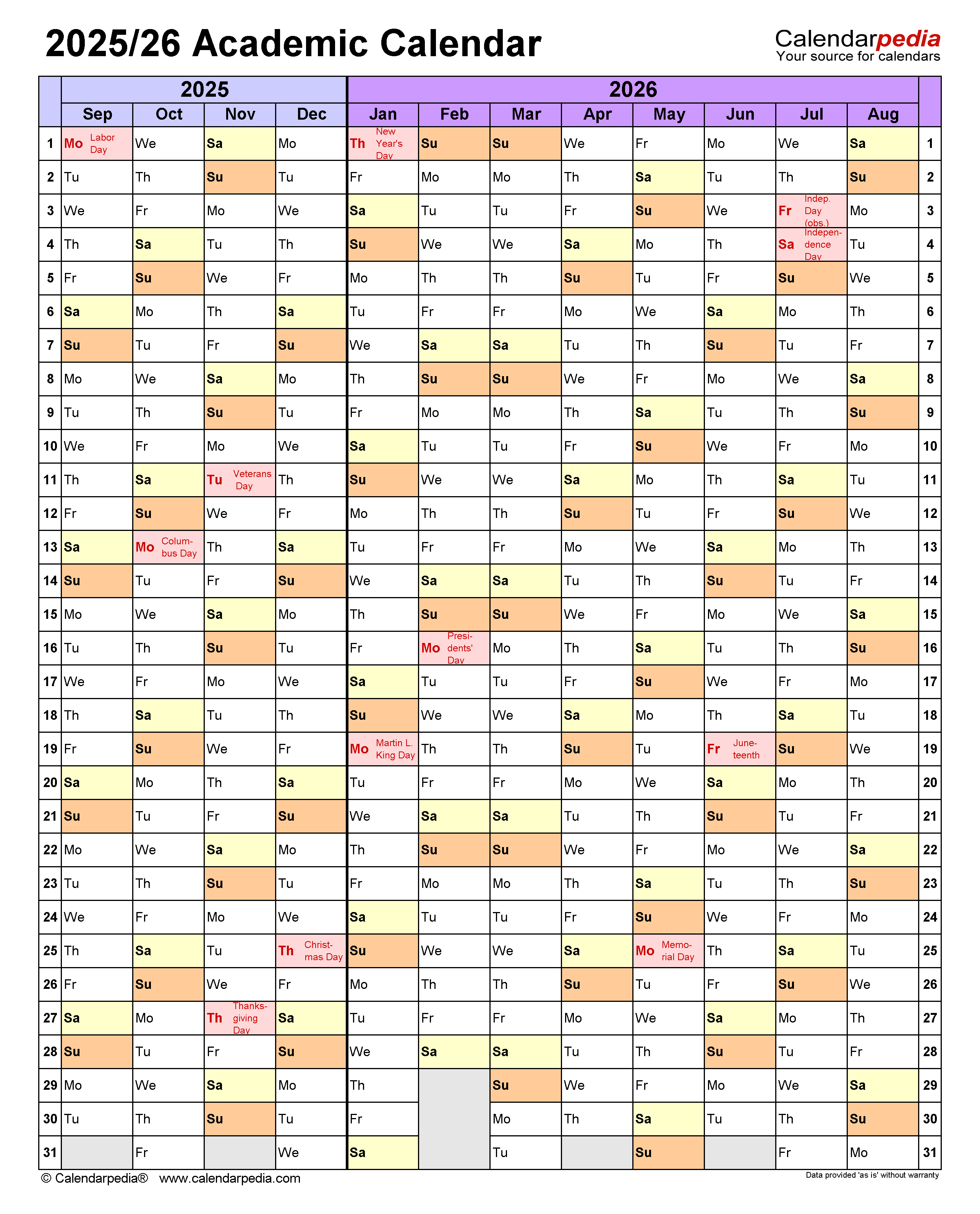
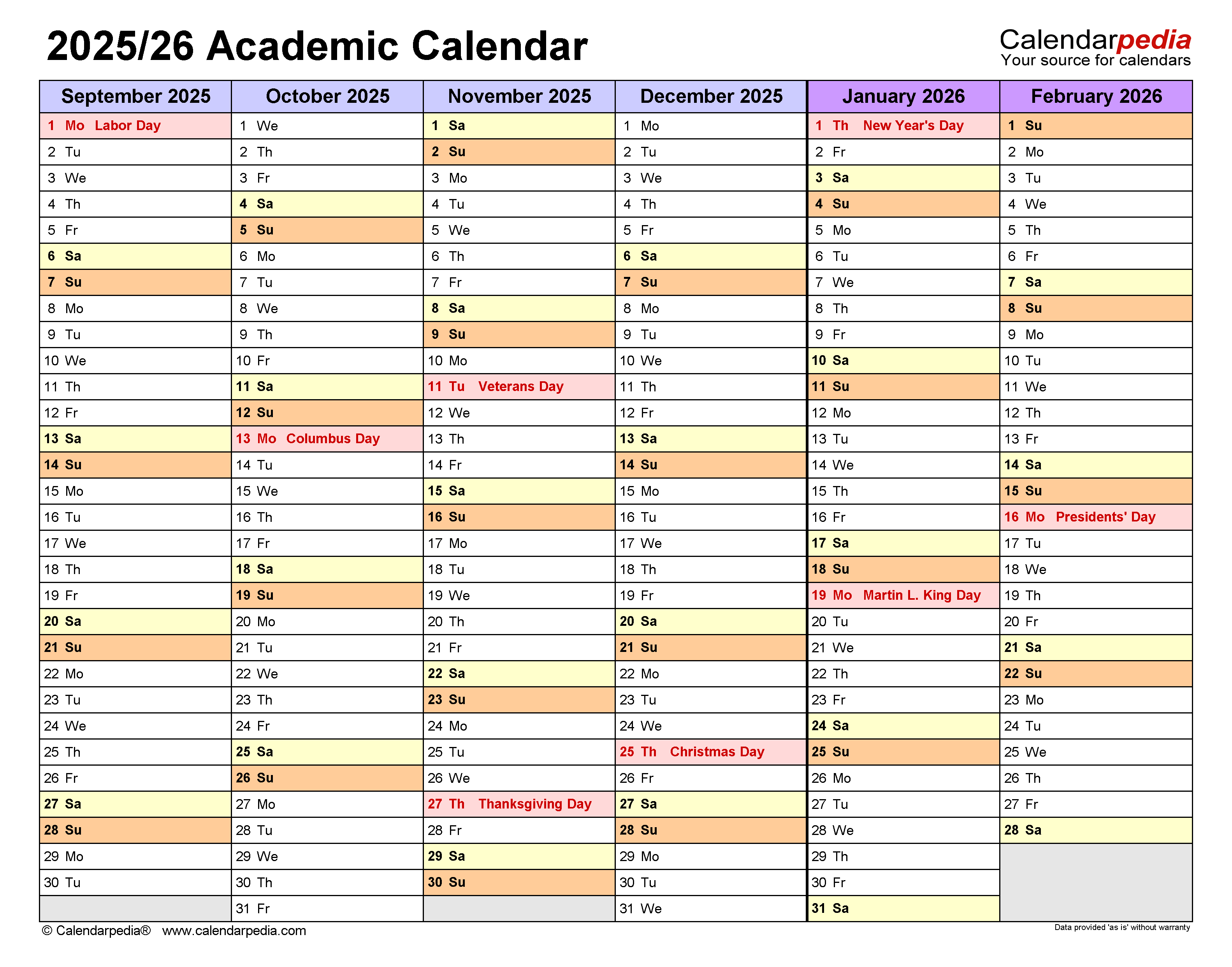
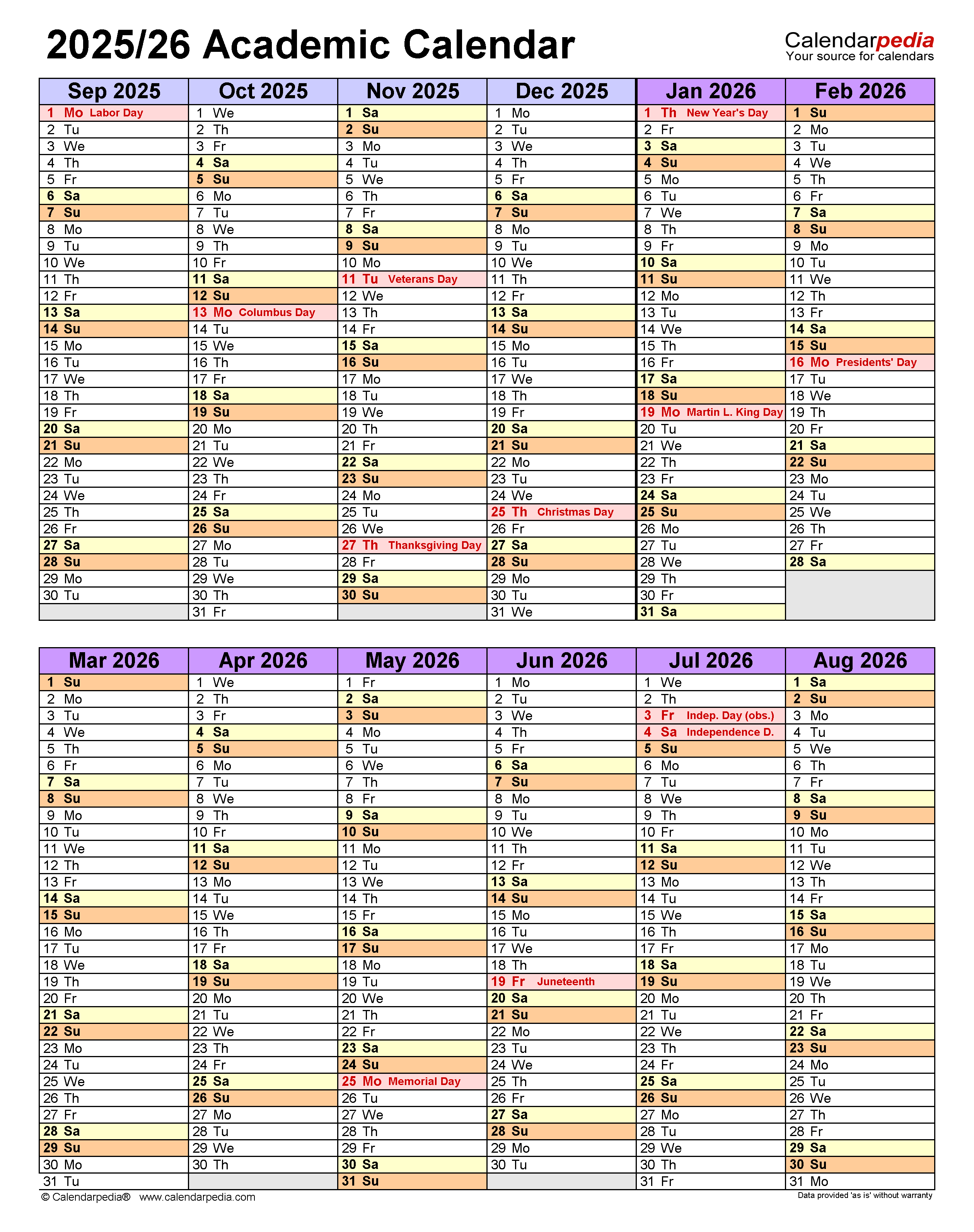


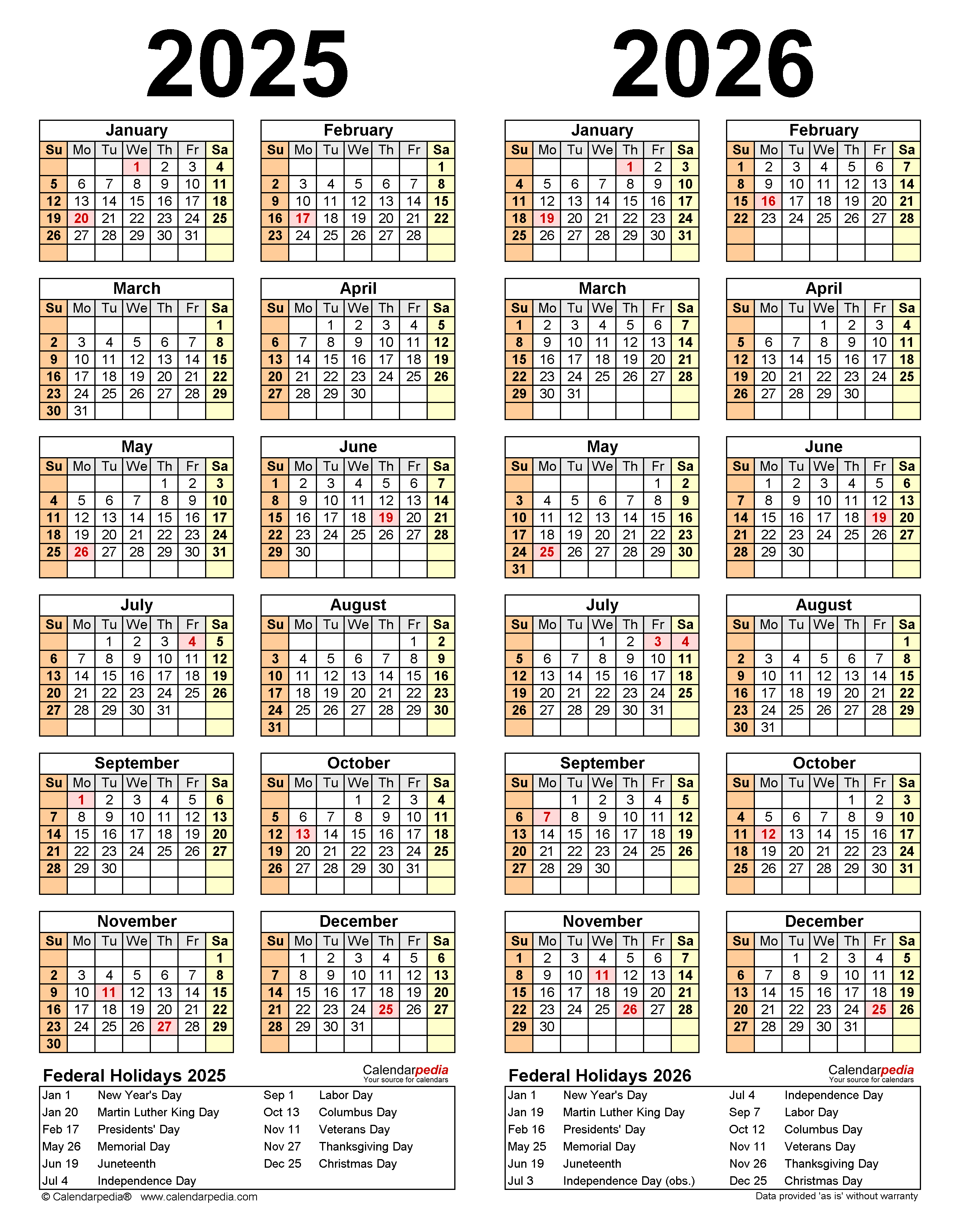

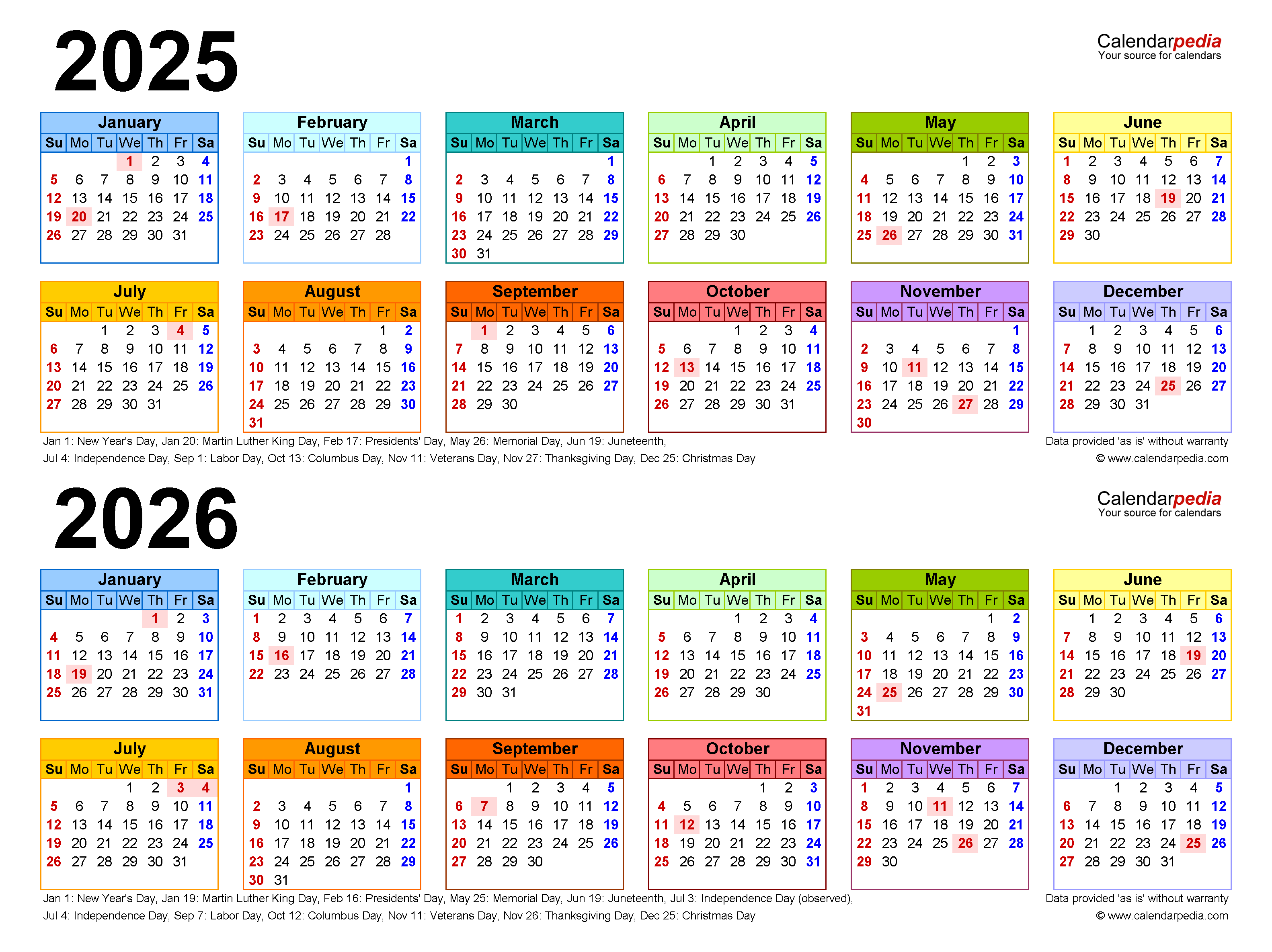
Closure
Thus, we hope this article has provided valuable insights into Online Academic Calendar 2025-2026: A Comprehensive Overview for Educational Institutions. We hope you find this article informative and beneficial. See you in our next article!